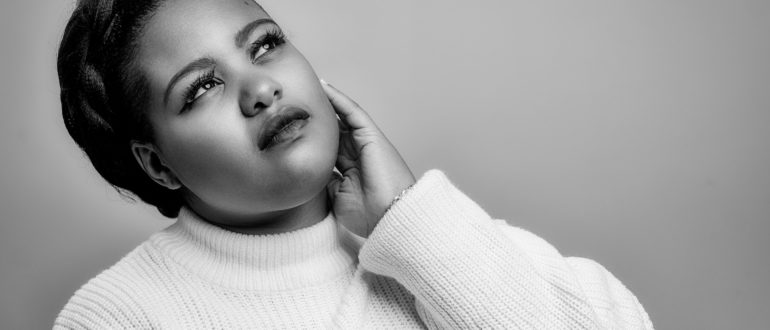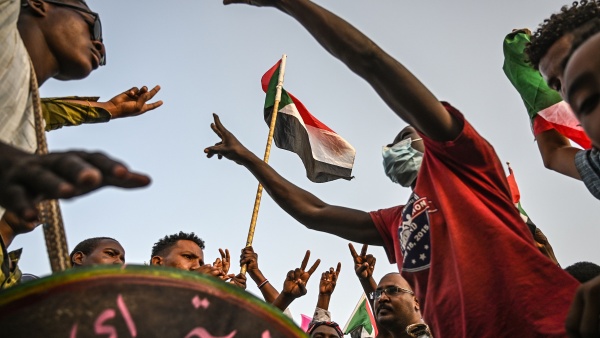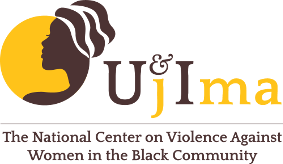In the age of social distancing and mandatory stay-at-home orders, sex workers worldwide have seen their sources of income dry up and disappear. With strip clubs and brothels closed due to the COVID-19 pandemic, people who engage in sex work have had to find other avenues to continue gaining revenue and building profit. With the need to stay financially afloat, while also not getting infected, has thrown a slew of workers into dire situations. While most regional governments have provided a roadmap to reopening retail stores and restaurants/bars, few have offered any guidance for sex workers safely engaging in their work in this new era. People are afraid of getting infected when visiting a sex worker, and vice versa.
One worker, Estelle Lucas, worries that people will forget her due to the lack of physical contact. She has moved to an online platform, but emphasizes the struggles and newfound issues with building intimacy over the internet. Another sex worker reveals that while online porn and sex work have definitely been on the rise, it isn’t for everyone and can be very difficult to get your foot in that door. She also emphasizes that while COVID has indeed changed her everyday work, “the perfect storm for sex workers was brewing before the coronavirus began spreading.” There is general dehumanizing behavior targeted towards sex workers and it’s hard to anticipate the future of sex work in a post pandemic world. It is safe to assume that a lot of things are going digital, but important to take into account that many mainstream tech spaces, such as Instagram and Twitter, can be very hostile towards sex workers by taking down their content without notice
Another worker from Chicago reveals that working remotely as a sex worker is a “really rough transition”… “It’s definitely not as profitable. The grind is a lot harder.” It involves putting in 70-hour weeks of taking calls and creating content to make, only to earn about half of what they were earning in an hour doing full-service work. While online platforms have been profitable for some, they have been a fool’s errand for others. Additionally, prostitution or investment in sex work has historically been recession proof, as people often turn to it to weather any storm. Yet this time, where in-person contact with people is dangerous, what are sex workers supposed to do?
One sex worker in San Francisco struggling financially with the sharp decline in clients, turned to the Black Sex Worker Collective for aid. This collective works to “advocate for people impacted by labor issues, social stigma, and criminalization, and condemn any attempts at restricting our autonomy and self-determination.” The head of the Black Sex Workers Collective also expressed that she was observing a regular stream of inquiries for full-service sex work, but is worried about the implications. The fear of infection, coupled with the steep decline in regular and safe clients creates a potential road to abuse and violence. “Sex workers who are still active now might be less selective about clients and less firm about their own boundaries.”
It is also important to note that “sex workers are often from groups that are already marginalized economically and socially, such as undocumented migrants, people of color, and lesbian, gay, bisexual, and transgender (LGBT) people,” which means they generally have less government and community support to fall back on in a crisis. The International Committee on the Rights of Sex Workers in Europe issued a new report urging European governments to institute a moratorium on raids, arrests and prosecutions for sex workers, and to provide financial support for sex workers during this global emergency. The decriminalization of sex work is one of the first steps in ensuring safe working conditions and emergency aid during this pandemic. No worker should have to weigh exposing themselves to a potentially deadly virus or not due to the government’s lack of recognition for the legitimacy of their work.
Resources
https://www.bbc.com/news/business-52821861
https://www.forbes.com/sites/susannahbreslin/2020/05/14/a-sex-worker-reveals-how-covid-19-has-changed-sex-work/#31066c4c3a81
https://www.chicagotribune.com/coronavirus/ct-sex-workers-covid-coronavirus-chicago-20200521-oohdho3zpze77e4bjwncdykmlq-story.html
https://www.cnn.com/2020/05/24/us/sex-workers-coronavirus-intl/index.html
https://www.blacksexworkercollective.org/our-principles
https://www.cnn.com/2020/05/24/us/sex-workers-coronavirus-intl/index.html
https://www.hrw.org/news/2020/05/04/sex-workers-struggle-survive-covid-19-pandemic



